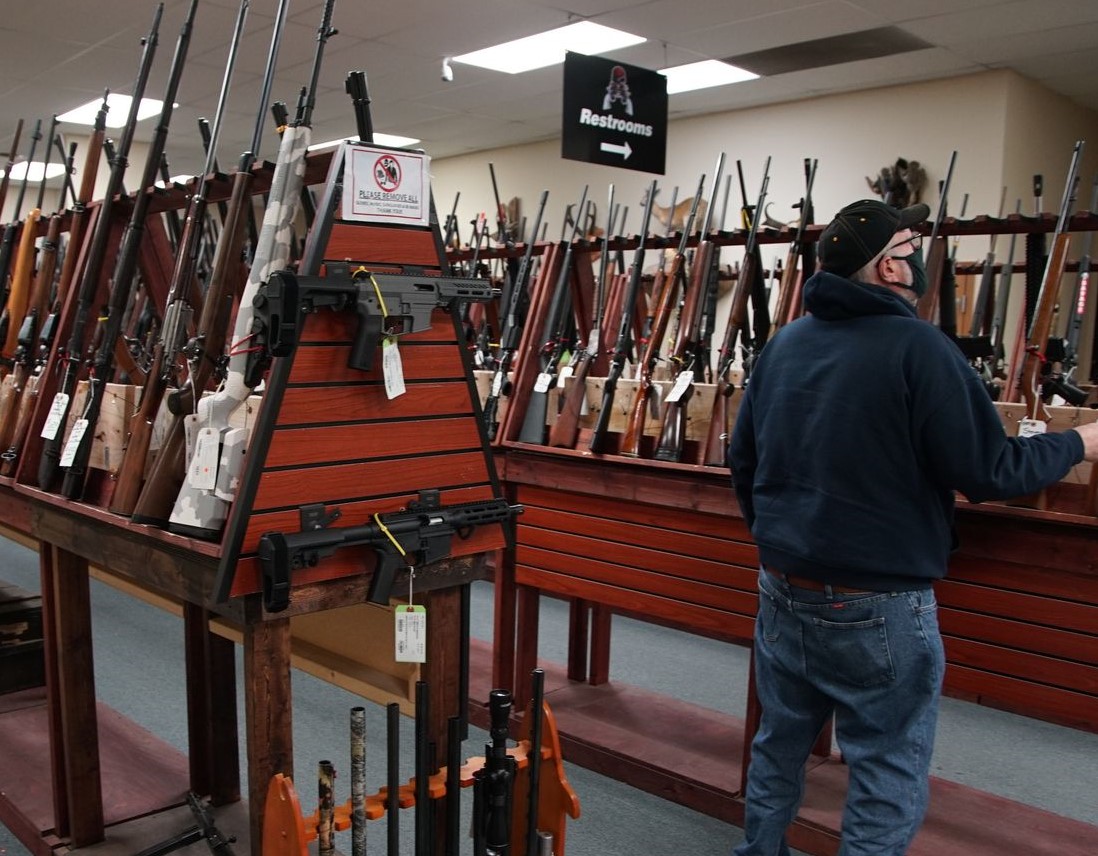By
Published: May 31, 2021
-Just The News
After a raucous debate in the Illinois House about a measure mandating fingerprints for Firearm Owner’s Identification card applicants, a different measure advanced that makes fingerprints voluntary.
On the final day of session Monday, Illinois State Police Director Brendan Kelly told a Senate Committee an amendment to House Bill 562 does a slew of things, including making fingerprints optional.
“Combining the FOID and [Concealed Carry License], allowing for an electronic CCL, allowing of the automatic renews rather than a ten-year cycle when someone has provided their fingerprint voluntarily so that we can transact that process when they go to purchase a firearm,” Kelly said. “A whole bunch of simplifications that are common sense things.”
A previous version that narrowly passed the House over the weekend would have mandated fingerprints, but it was held back with a procedural move.
It’s unclear how HB562 would work at cutting down a persistent backlog of FOID card applications. Tens of thousands of Illinois residents, some are first-time FOID applicants, have not had their cards processed in a timely fashion. The state’s gun laws face around a dozen lawsuits in state and federal court.
The nearly 200 pages of legislation that advanced at the statehouse has a bunch of elements. While fingerprints for FOID cards would be optional, the measure does have ISP rely on the Secretary of State data for updated addresses of card holders, and does not increase the FOID fee of $10 for ten years.
For private transfers, the measure requires person-to-person transfers to be subject to checks against the federal NICS database either through the licensed firearms dealer or through an online validation process with ISP. The transferor and transferee must maintain those records for ten years.
Todd Vandermyde, with Federal Firearms Licensees of Illinois, said the group objected to gun dealers maintaining records of firearm transfers they didn’t take part in.
“You are now forcing us as licensed dealers of the state and federal government to keep records of transactions we had no part in,” Vandermyde said. “We weren’t part of those. We don’t want to be custodians of somebody else’s record.”
Kelly said elements of the proposal should alleviate those concerns.
“They’re not responsible for ensuring the accuracy of that particular document, they’re just there to retain it,” Kelly said.
The measure also creates a FOID appeals board and a public stolen gun registry, among other proposals.




